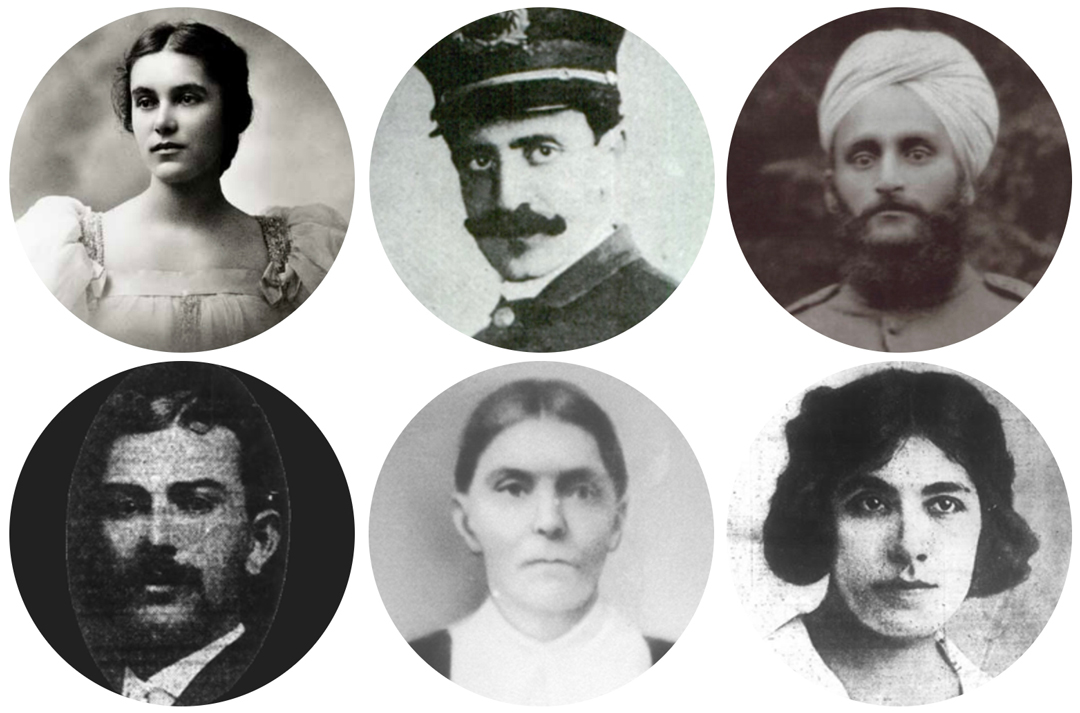A Tale Which Must Never Be Told: A New Biography of George HerrimanPosted in Articles, Arts, Biography, Book/Video Reviews, Louisiana, Media Archive, Passing, United States on 2017-03-19 14:32Z by Steven |
A Tale Which Must Never Be Told: A New Biography of George Herriman
Los Angeles Review of Books
2017-03-18
George Herriman, a Life in Black and White
By Michael Tisserand
Published 12.06.2016
Harper
560 Pages
ON MARCH 4, 1913, Woodrow Wilson took the oath of office and became our 28th president. While we remember Wilson for his internationalist foreign policy and progressive labor laws, he was also the first Southerner elected since the mid-19th century, and his racial policies reflected it. Wilson saw Jim Crow as the necessary remedy to the aftermath of the Civil War. As president, he normalized his revanchist views from the White House by expanding segregation of federal workers. Not surprisingly, 1913 also saw a rebirth of the Ku Klux Klan. An excerpt from Wilson’s revisionist writings proclaiming the Klan “a veritable empire of the South” even appears in D. W. Griffith’s The Birth of a Nation, a box-office smash which Wilson personally screened at the White House, the first American film ever shown there.
In that reactionary atmosphere, on October 28, 1913, in the New York Evening Journal, William Randolph Hearst debuted a new comic strip, Krazy Kat, by one of his favorite cartoonists, George Herriman. It starred Krazy, an androgynous cat in love with Ignatz, a brick-throwing, cat-chasing mouse. They lived in Coconino County, Arizona, desert mesa country, and Herriman shifted their backgrounds panel-by-panel — night to day, day to night, mountain to desert to town to river — with no rhyme or reason. They spoke in a patois of slang, Elizabethan English, Yiddish, Spanish, French, and tossed off literary allusions. When asked once about his basic upending of the natural order of cats, mice, dogs, time, and space, Herriman summed up his Weltanschauung: “To me it’s just as sensible as the way it is.”.
Krazy Kat’s whimsy caught on quickly in the Age of Wilson, and its large and devoted fan base ranged from high society to poets to school children to the president himself. What none of them knew then was that George Herriman was black. He passed for white most of his life. And what we can only see now, thanks to an authoritative new biography of Herriman by New Orleans historian Michael Tisserand, is that, as far removed from social commentary as Krazy Kat may appear, race was as much on George Herriman’s mind as the president’s…
Read the entire review here.







